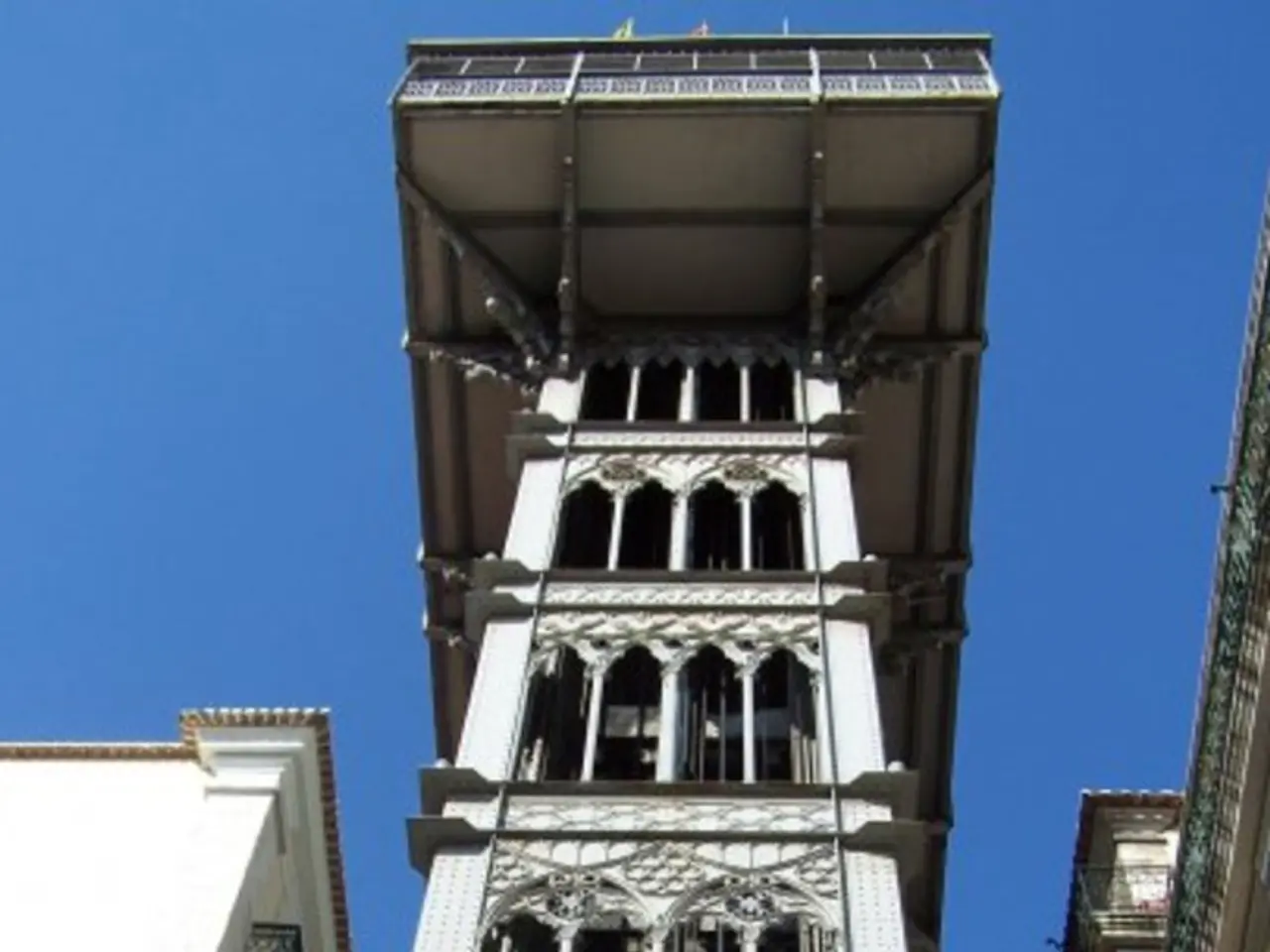Charity worker Sarah Easter from CARE organization expresses her stance:
In the face of ongoing global crises, humanitarian worker Sarah Easter, a 34-year-old woman from Anrath, continues her mission with the aid organisation CARE. Her journey takes her to various locations around the world where people are in need, from the war-torn lands of Ukraine to the arid plains of Somaliland.
Easter's work has been ongoing for four years, and her greatest wish is for her organisation to no longer be needed. However, the ongoing need for aid is a constant concern as crises persist in numerous countries.
In Ukraine, Easter is preparing for her sixth visit since the beginning of the war. Her efforts focus on providing aid and support to those affected by the conflict. Meanwhile, in Somaliland, a 30-year-old woman named Farah faces a daily struggle to find food and water for herself and her children.
The drought in Somaliland has been relentless, causing the earth to crack and leaving Farah's livestock dead. Now, she can only drink two finger-widths of water per day, and her young son has even less—only one finger-width. The living conditions in the makeshift camp where Farah resides are dire, with basic necessities like turning on a tap for a glass of water, taking a shower, or shopping at a supermarket being luxuries that people there can only dream of.
Climate change is a significant factor in the ongoing crises faced by people like Farah. Extreme droughts, such as the one in Somaliland, are becoming more common due to the effects of climate change. This has resulted in widespread water scarcity and acute food shortages in countries like Sudan, Afghanistan, and Yemen.
CARE addresses these challenges through humanitarian aid and resilience-building initiatives. Their work includes emergency food assistance, improving water access and sanitation, supporting sustainable agriculture, and strengthening local capacities to adapt to environmental shocks. By focusing on vulnerable populations, especially women and children, CARE’s programs aim to enhance nutritional outcomes, secure livelihoods, and enable communities to better withstand droughts and food crises.
Every cent donated to CARE goes towards aid projects, with 89 cents of every euro donated being used for direct aid. This transparency is a key aspect of Easter's work, as she emphasises the organisation's commitment to ensuring that every euro donated goes where it's needed most.
As the interconnected demand for water, food, and energy continues to rise, CARE's work becomes increasingly important. Food demand is expected to increase by over 50% by 2050, and water demand by 20-30%, exacerbating competition for scarce resources. Agriculture consumes nearly 70% of global freshwater, and climate-related disruptions further destabilize these fragile systems.
In the face of these challenges, Easter remains dedicated to her work, seeking to provide aid and support to those in need and working to build long-term resilience in affected communities. Her efforts, along with those of CARE, offer a glimmer of hope in a world faced with ongoing crises.
[1] UN OCHA: Yemen Humanitarian Response Plan 2025 [2] World Food Programme: Yemen Emergency Appeal 2025 [3] FAO: Climate Change and Food Security [4] CARE: CARE's Work in Somaliland
- Sarah Easter and the aid organization CARE are working to enhance nutritional outcomes and secure livelihoods in regions impacted by climate change, such as Somaliland, by providing emergency food assistance, improving water access, supporting sustainable agriculture, and strengthening local capacities.
- science plays a crucial role in CARE's resilience-building initiatives, focusing on understanding climate change and its effects on water scarcity and food shortages, such as the ongoing drought in Somaliland.
- As part of their humanitarian aid efforts, CARE also emphasizes health-and-wellness and fitness-and-exercise for those in need, recognizing their importance for overall well-being, especially in the challenging conditions faced by individuals like Farah in Somaliland.




